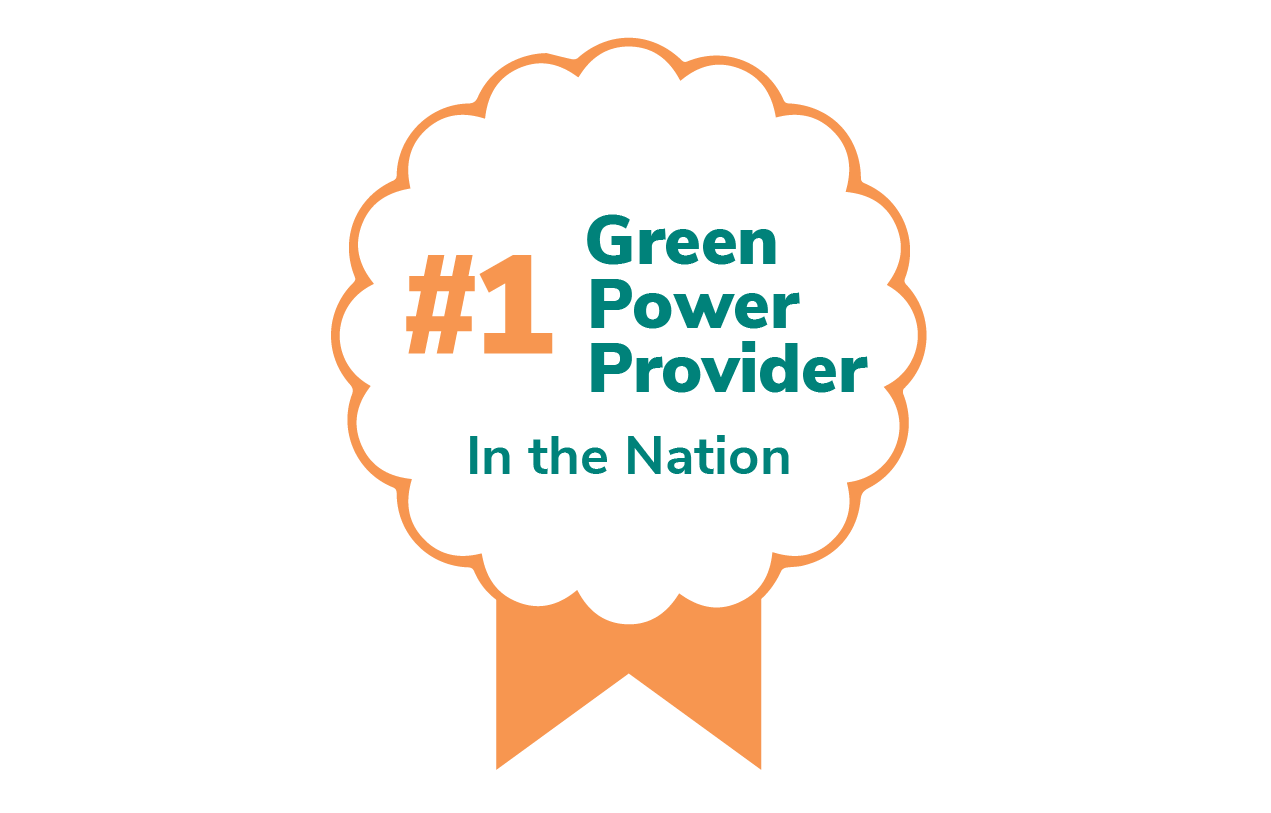Clean Power Alliance (CPA) is expanding the Power Share program to serve approximately 1,400 additional low-income customers in the communities that we serve. The CPA board recently approved six new 20-year power purchase agreements (PPAs) that expand local generating capacity for the program, including two projects in the community solar segment.
In partnership with logistics real estate leader Prologis, the result of these agreements will provide locally generated renewable energy to customers who may not otherwise have access to solar, wind, and other clean energy technologies.
Power Share provides income-qualified customers living in underserved communities with 100% renewable energy at a 20% discount on their total monthly electric bill. The program supports energy equity efforts so residents can join their community in reducing harmful greenhouse gas emissions that impact health and quality of life.
Power Share is comprised of two California Public Utilities Commission-approved programs: the Disadvantaged Community Green Tariff (DAC-GT) program and the Community Solar Green Tariff (CSGT) program, which are jointly marketed as Power Share.
Under these two programs, CPA purchases energy from small-scale renewable energy projects located within Disadvantaged Communities (DACs), to provide renewable energy to eligible customers at reduced rates.
CPA has a total allocation of 15.56 MW under Power Share, which is enough energy to provide approximately 7,600 income-qualified customers with locally generated renewable energy. CPA currently has approximately 6,200 customers enrolled in the program, with participants saving an average of $160 per year on their energy bills.
The new Power Share projects are expected to come online in mid-2025 and will be located within the cities of Carson and Commerce, with the City of Carson serving as the community sponsor for the two CSGT projects.
To date, Power Share customers have avoided more than 16.3 million pounds of greenhouse gas emissions and saved over $1.3 million on their bills.




